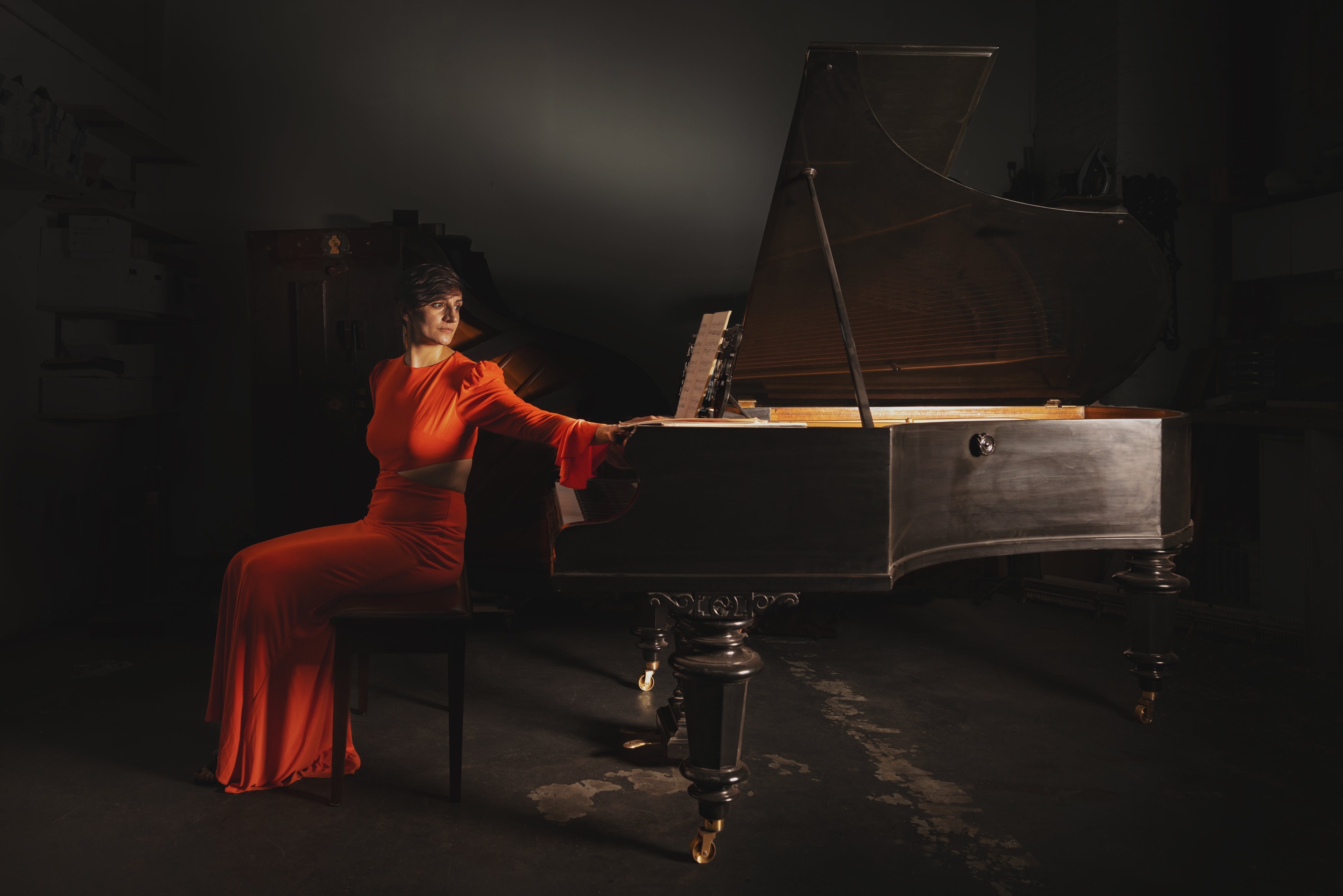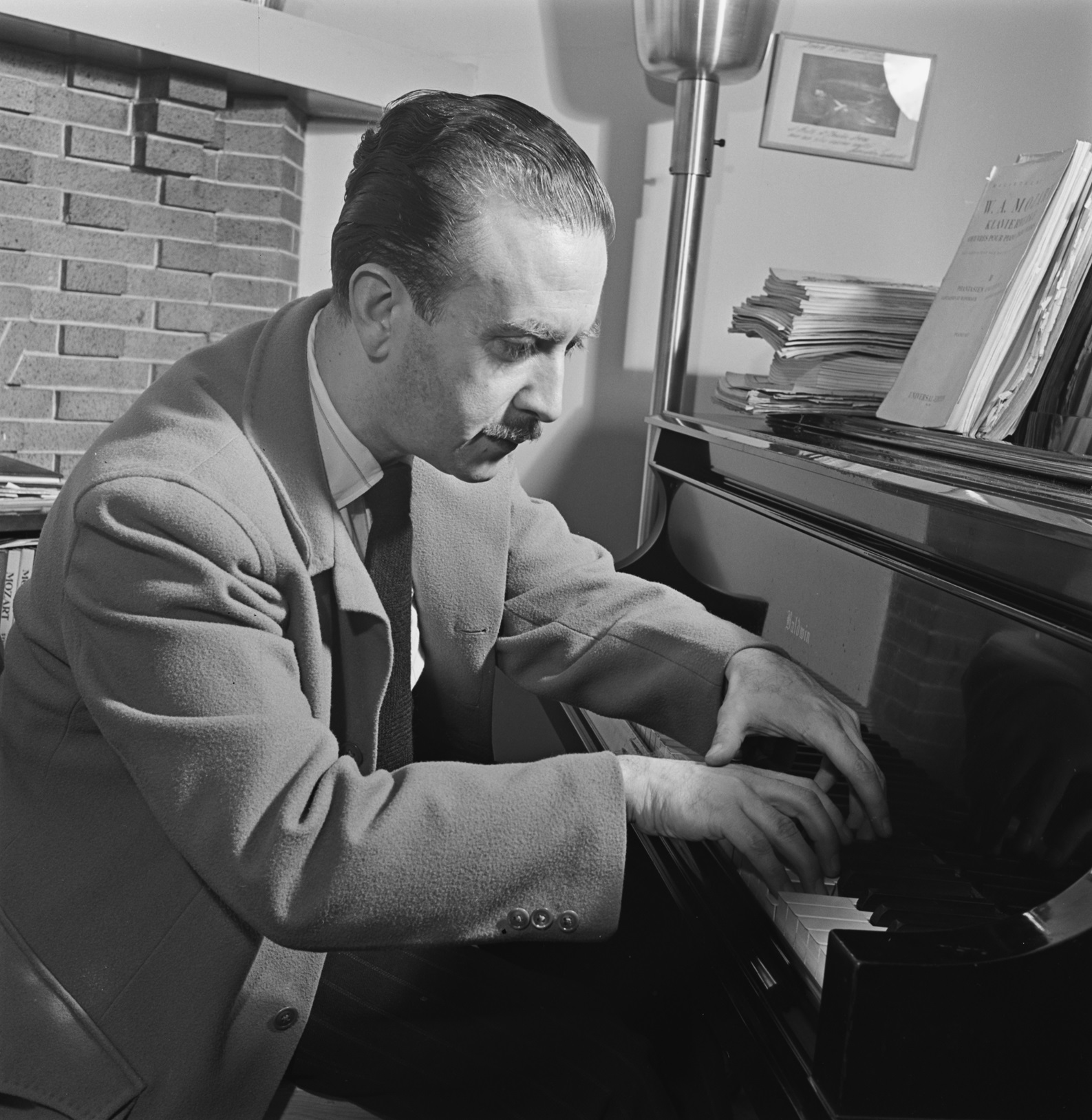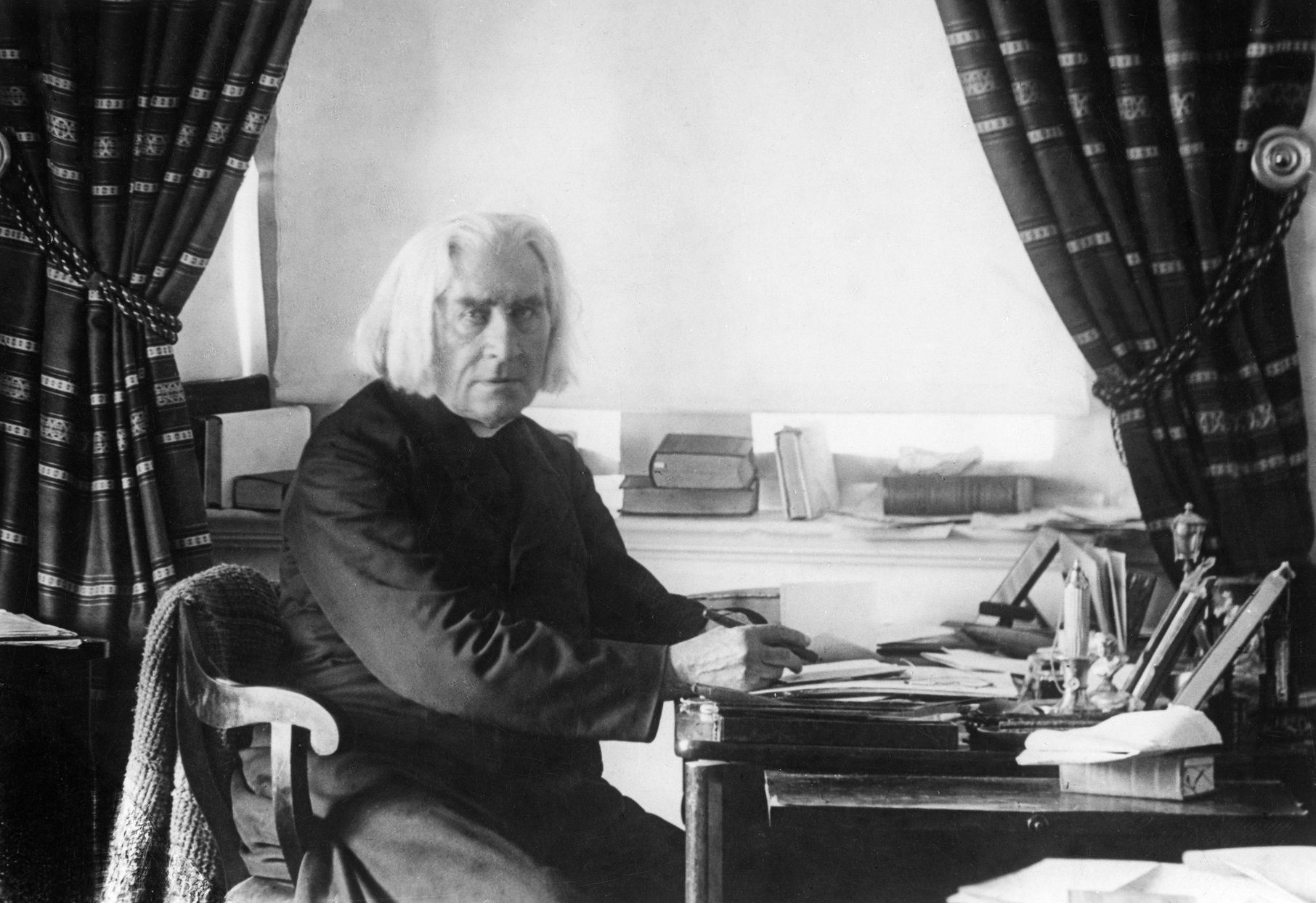
Franscesca Khalifa’s life is divided into two parts — before discovering Cuban pianist German Diez and after German Diez.
"It has been such a turning point in so many ways."
Diez (1924-2014) was a student of Chilean American pianist Claudio Arrau (1903-91) and his assistant Rafael De Silva, and chairman for almost half a century of the piano department at the Greenwich House Music School in Manhattan’s West Village.
The discovery of Arrau and Diez’s approach to music changed Khalifa’s life. As a young pianist, while she knew the name of Arrau, there were other pianists that played a greater role in her upbringing as a musician, such as Sviatoslav Richter, Rudolf Serkin, Vladimir Horowitz or Arthur Rubinstein.
But in the Netherlands, where she was studying, she met German pianist Marcos Baban, who introduced her to the music and teachings of Arrau.
"So Arrau was never my number one to-go performer, but I started getting more and more drawn into the recordings, and I started reading more about him."
Arrau, a child prodigy, studied in Germany at the beginning of the 20th century under Martin Krause, one of the last students of Hungarian composer and pianist Franz Liszt (1811-86). His teachings were not just about the technicalities of being a pianist but also as a person and as a musician.
"I think what is the core of the legacy and the idea that Liszt as an artist also put into his work, both as a composer, as a pianist, and as a teacher, is that the artist has a role, socially speaking, and his role is to lift his community, lift in every sense, bring them to a higher level of awareness, reflect on them, what the reality around them is, and really just understanding that it's a big responsibility to be an artist."
Arrau toured the world performing while De Silva, at home in New York, continued teaching his students and when Arrau returned, often bringing students he had found on his travels, he held major masterclasses in his methods.
She found his approach to music clicked with her and things started to fall into place.
"It impacted me in a profound way. I felt all the problems that I had in the environment where I grew up, and all the problems that I had in general in musical environments, I started understanding why I had those issues, why I never felt things were quite in place, and I started realising that was exactly what I needed, that type of attitude, that type of core principles guiding me, and I embraced it fully."

"The idea is to become a means to an end, not an end per se, and I think this is very central to the legacy."
The other component was really understanding the music.
"The actual job is to understand the message and deliver it and that is where the responsibility comes into place too as an artist. So to me that all made sense."
So when she discovered a student of Arrau, Diez, was teaching in New York, she moved from Florida where she was studying chamber music, to New York to study with him. Unfortunately, soon after Diez, aged 90, died.
"For me it was excruciating, excruciating, and I felt very lost. And so I think part of me needed to heal and integrate that experience."
To do that, Khalifa travelled to Cuba to see where Diez was from and learn more about him.
"I befriended his students, and I'm talking about a huge community, a lot of the students of German Diez are really well-known musicians. And so I befriended these people, this community."
Feeling that she is living in a world where art has lost its sense of the purpose and mediocrity is celebrated, Khalifa decided it was time to celebrate something that was not mediocre with a documentary on Diez, which was supported by the American Liszt Society and released in 2021.
"He gave such a contribution, not just to music, but in general to the society he lived in. It was quite an intense journey, obviously, at least on a personal level."
That has led Khalifa being asked to contribute to an in-depth documentary on Arrau directed by Christian Vega and supported by the Chilean government which is being filmed this year.
"I was very happy to be asked to be a part of that. So I’ve done some work around the passing down of the stories of these people."

Khalifa, a vegan, is also active in work with other artists "bringing to light" issues around marginalisation, climate change and animal rights. The pianist is co-founder and artistic director of EXTENSITY Concert Series, whose mission is to contribute to the disruption of gender, racial and cultural inequity in the classical music world.
She is also working with award-winning photographer Manuel Rusca on "Empowered", sponsored by Unicef, where women identifying artists engaged in their communities on matters of social, cultural or racial justice are "brought to life" in portraits which will be exhibited alongside performances involving some of the participating artists.
"It's something that came about, realising how difficult it is for female identifying artists sometimes to really find a visibility still, in some fields more, in some fields less, but it's still an issue. I'm quite proud of this project, but it's not yet out. It will come out next year."
But performing as a concert pianist is now her primary focus. She has a strong chamber music background having played in trios and duos for years and believed that was her place.
"When I arrived in New York, I had to question a few things, because the city is really demanding as a place to live. And I needed to find my place. And I needed to find a way to orientate my energies in ways that were fulfilling and also sustainable."
Solitude has always been an important component of her inner peace and she never feels lonely when she practises or plays.
"I find it more challenging to combine with other people."
She now concentrates on solo performances. "I think this is who I am. The more I do the more I’m reassured that it’s the right thing for me. It does come with a lot of difficulties, obviously. It’s not an easy career to sustain. But I wouldn’t be doing anything else."
The piano is the "best instrument in the world", she says.
"The piano can and is often a full orchestra. The fact that the repertoire for piano is such a gigantic variety of things. And that the most, the masterworks of Western culture, some of them rest in the piano literature."
It was also a saviour for Khalifa growing up. She describes her childhood as difficult, coming from a mixed-race background, and discovering the piano aged 7 helped her find a like-minded community where she could feel better about herself.

As an adult it has also helped her heal from those times.
"The piano is like a big mirror. Every time I put myself and I see myself there, and I go through music or I play for myself, I'm able to stay with my emotions, whether they're difficult or easy."
Given the stress performances bring, often along with excitement, Khalifa does ask herself what her end goal is.
"If I am able to touch people, even if it's only one person, but if I am able to have touched that person and to have brought that person with me to the peak of the sorrow and the heights of love or ecstasy or transcendence with my playing, that's an incredibly rewarding and fulfilling experience, and there's nothing better than that for me."
She is reluctant to call it an addiction but does admit it is an inebriating and powerful experience to connect with people in that way.
Khalifa’s end goal is self-fulfillment.
"The piano seems to be the means for me to get there."
She is looking forward to her visit to New Zealand, her second, this time in winter and performing, holding masterclasses and two lectures. She remembers her first concerts in Christchurch and Wanaka and being "shocked" at the quality of the pianos.
"So that'll be a different perspective. I am actually looking forward to it. I’m curious to see what it looks like with the snow."
To see:
Francesca Khalifa, Lake Wānaka Centre, August 23.












